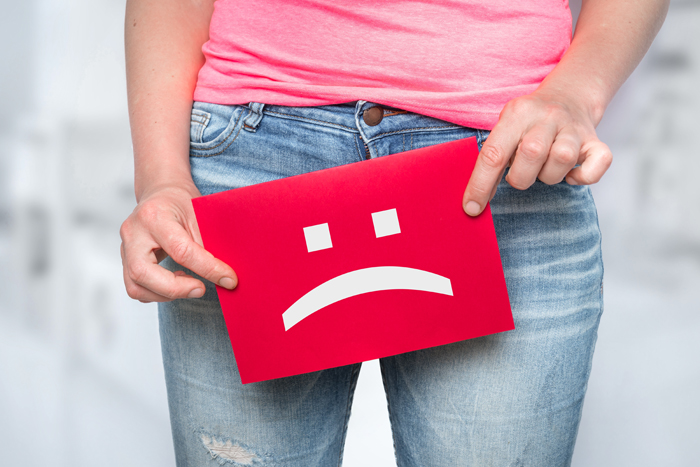Urine Incontinence Treatment & Diagnostics in C Scheme, Jaipur
Urine Incontinence
Urinary incontinence is a condition where one loses control over their bladder. It is a very common problem and can get quite embarrassing too. Generally, urinary incontinence occurs due to old age, but a few lifestyle habits can also lead to this condition.

What Causes Urinary Incontinence?
Urinary incontinence can be caused because of everyday habits and health conditions. Some of the common causes include;
- Consuming food or beverage, which can stimulate this condition such as alcohol, coffee, carbonated water, artificial sweeteners, chocolates, chilli peppers, medicines for heart or blood pressure, and large doses of vitamin C.
- Urinary tract infection
- Constipation
- Pregnancy
- Childbirth
- Ageing
- Menopause
- An obstruction that blocks the natural urine flow
- Medical conditions, such as stroke, spinal injury or Parkinson’s disease
What are the Symptoms of Urine Incontinence?
One of the most common symptoms of urine incontinence is that you will notice urine leaks while you laugh or sneeze. But, there are five types of urine incontinence and each has a set of different symptoms associated.
- Stress Incontinence: When you feel too much pressure on your bladder, you will notice urine leaks. This occurs when you laugh, sneeze, cough, exercise or lift something heavy.
- Urge Incontinence: This is a condition where you have the urge to urinate all the time and when you try to go to the bathroom, your bladder is empty. This can also occur throughout the night. Some of the reasons why you might be experiencing urge incontinence is an infection, diabetes, or a neurological problem.
- Overflow Incontinence: You may experience frequent urine leakage because your bladder doesn’t empty completely.
- Functional Incontinence: This is a condition where you suffer from either a physical or a mental condition that prevents you from visiting the bathroom on time. For instance, severe arthritis
- Mixed Incontinence: Here, you are going through more than one incontinence.
When to See a Doctor at Apollo Spectra, Jaipur?
You must see a specialist in Jaipur immediately if you notice any urine incontinence symptoms as early treatments can improve the quality of life.
Request an appointment at Apollo Spectra Hospitals, Jaipur
Call 1860 500 2244 to book an appointment.
How to Diagnose Urine Incontinence?
When you talk to your doctor at Apollo Spectra, Jaipur about the type of symptoms you are going through, it will help him determine the type of incontinence you are suffering from. But, a physical examination might also be conducted and your medical history will be referred to. After that, your doctor might recommend a few tests;
- Urinalysis:This is a urine test where your urine is checked for signs of infection, blood, or any other problems.
- Bladder diary: You will be asked to note down your urination journey for a few days, such as how much water you drink, how many times you had to visit the bathroom and more.
- Postvoid residual method: In this test, you will be first asked to urinate in a container and once you are done, you will be asked to urinate in another container. If the second container holds a larger volume of urine, there might be some blockage.
How is Urine Incontinence Treated?
When it comes to the treatment for urine incontinence, your doctor will suggest treatments based on your symptoms, severity, and type of incontinence. Some of the methods include;
- Behavioural treatment: Certain exercises and behavioural techniques are prescribed.
- Pelvic floor muscle exercises: Exercises such as kegel may be prescribed to strengthen the muscles.
- Medications: Tropical estrogen, alpha-blockers, and more may be prescribed.
- Electrical stimulation: Electrical stimulation is provided with the help of electrodes.
- Medical devices, such as urethral insert can help with the incontinence
- Surgery
Timely treatments can save you from several embarrassments. Therefore, if you notice any symptoms, contact your doctor immediately.
Maintain a healthy weight, practise pelvic exercises, eat fibre-rich food, don’t smoke, and reduce beverages that irritate the bladder.
If your close family member is suffering from the condition, your chances are high.
Yes, it is often curable.
Symptoms
Our Top Specialities
NOTICE BOARD
CONTACT US
CONTACT US
 Book Appointment
Book Appointment


.svg)
.svg)
.svg)
.svg)








